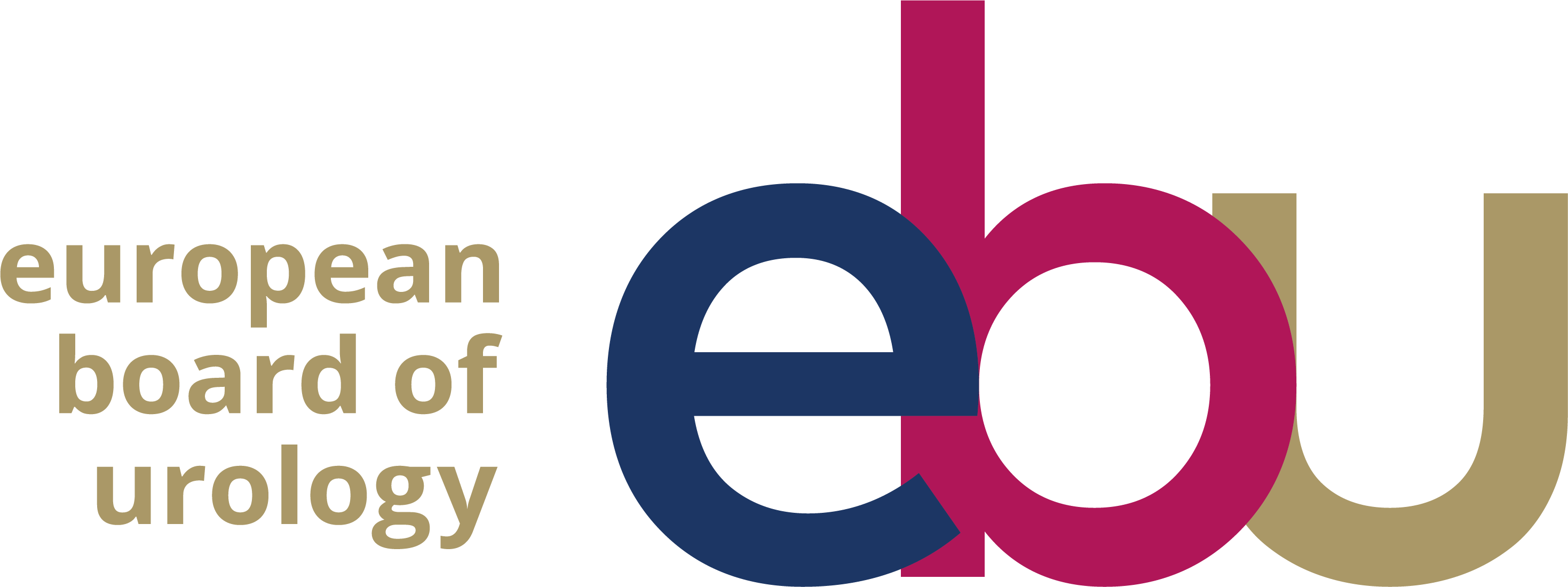Medbook® for EBU
On-line Residency Curriculum system offers handy tools
The European Urology Residency Curriculum by EBU, introduced in 2012, covers at least five years of specialty training and highlights the breadth of knowledge that is needed in managing urology patients with emergency and chronic conditions.
The curriculum also presents practical steps and how these may be accomplished by the residents. Aside from the core theoretical knowledge, the curriculum aims to build-up and enhance the resident’s skills which are necessary for them to become a trained general urologist. The curriculum lists 14 core procedures wherein competency is essential for a urologist to practice independently.
With these goals in mind, we have designed the curriculum as a template against which European training schemes can be compared. It will help both trainers and residents to understand what they must achieve and focus on in their training. Moreover, this curriculum can serve as a European guide with the implicit objective that a part of it may be incorporated into training courses currently used across Europe. The end goal, we believe, is for the curriculum to enable both teachers and residents to have a clearer or streamlined system that would augment and support the trajectory of their training.
The increasing interest from residents and national societies motivated us to introduce an online version of the European Residency Curriculum. Instead of developing our own online system, we saw the benefit of using an available, portfolio-based system like Medbook, which has been in use now for some years.
Benefits of a portfolio
A portfolio not only supports the process of continuing professional development and training, but also provides an organizing principle and tool which can clearly demonstrate the areas of achievement, training status and performance levels needed for periodic assessment. Throughout their urology training the residents will undergo regular appraisals and, as a specialist, may also need to go through a revalidation process. This requires a systematic collection and presentation of evidence through a portfolio.
Understanding the value of maintaining a portfolio, gathering and presenting evidence, and using reflective practice will be of benefit throughout one’s career. Ultimately, a portfolio showcases the proof of achievement, and underscores the competencies required for training.
Sturmberg and Farmer noted: “Teachers want students to focus on their learning to become capable doctors; yet students primarily want to focus on passing their exams.” They also stressed that “…a well-structured capability portfolio, regularly presented and reviewed, will be a useful tool to guide the journey and should have the potential to help drive deep learning and allow the assessment of capabilities that are hard to assess using conventional approaches” (Sturmberg JP, Farmer L. Educating capable doctors—a portfolio approach. Linking learning and assessment. Med Teacher 2009;31;85-9.).
Medbook® for EBU
Medbook is an online platform specifically developed for medical professionals. Serving as an excellent tool for maintaining a portfolio, it can be kept throughout one’s professional career. Urology residents in Belgium already use this online tool, which is not only recognized as part of institutional requirements but has also proven to be successful. Medbook for EBU is more comprehensive than the current EBU Residency Curriculum and is unique in the sense that it features the Objective Structured Assessment of Technical Skills and Tool (OSATS).
Moreover, Medbook offers interactive modules for residents and tutors. The approval process enables residents to have their tutor evaluate surgical procedures, and the feedback also enables users to monitor the progress.
Sign Up
User fee: EUR 65 per year (ex. VAT), first 3 months free of charge.
For more information visit medbook.ebu.com
